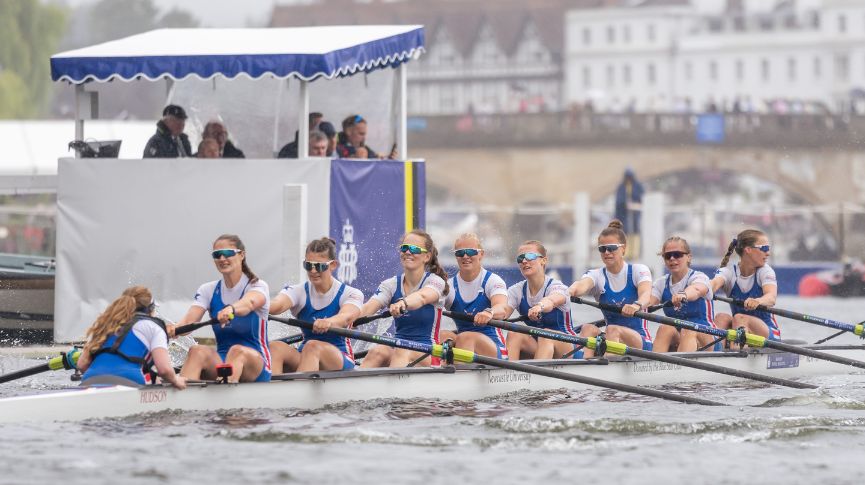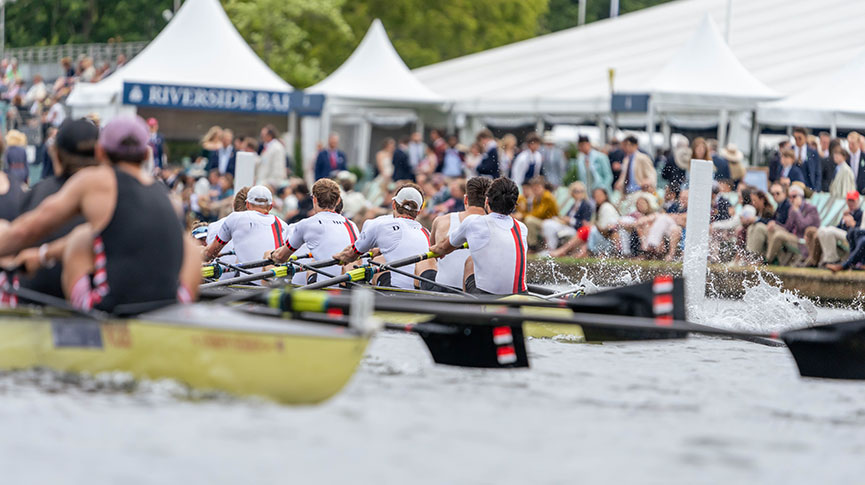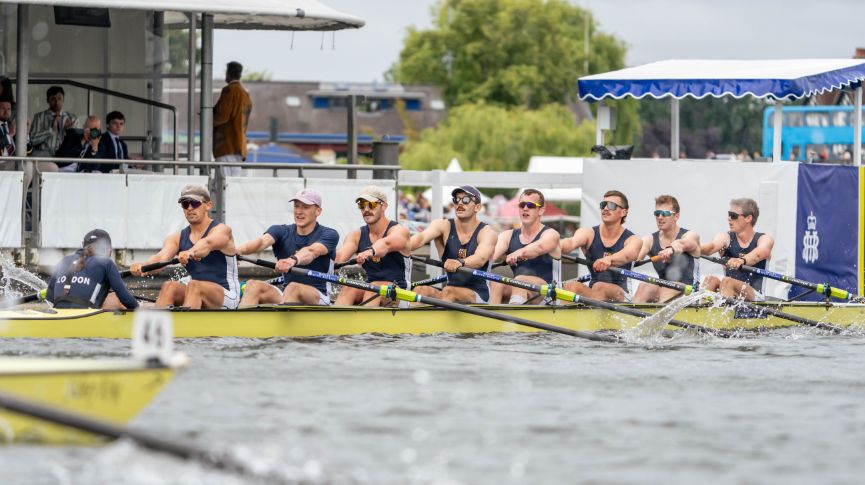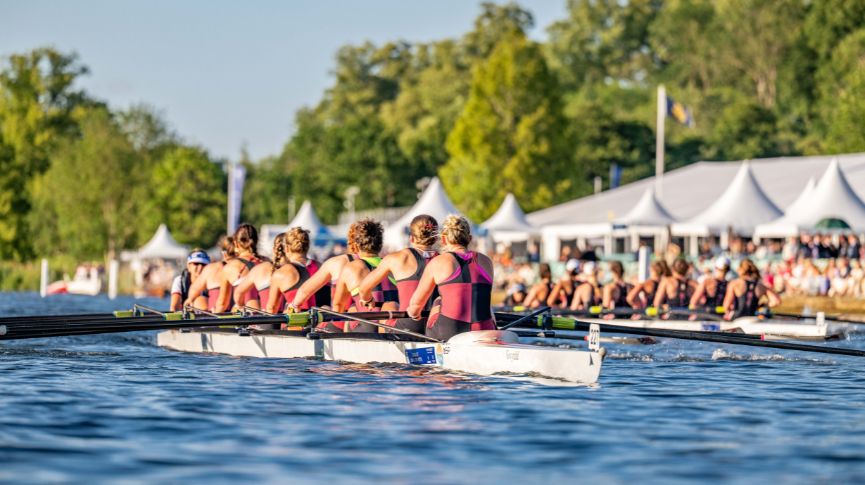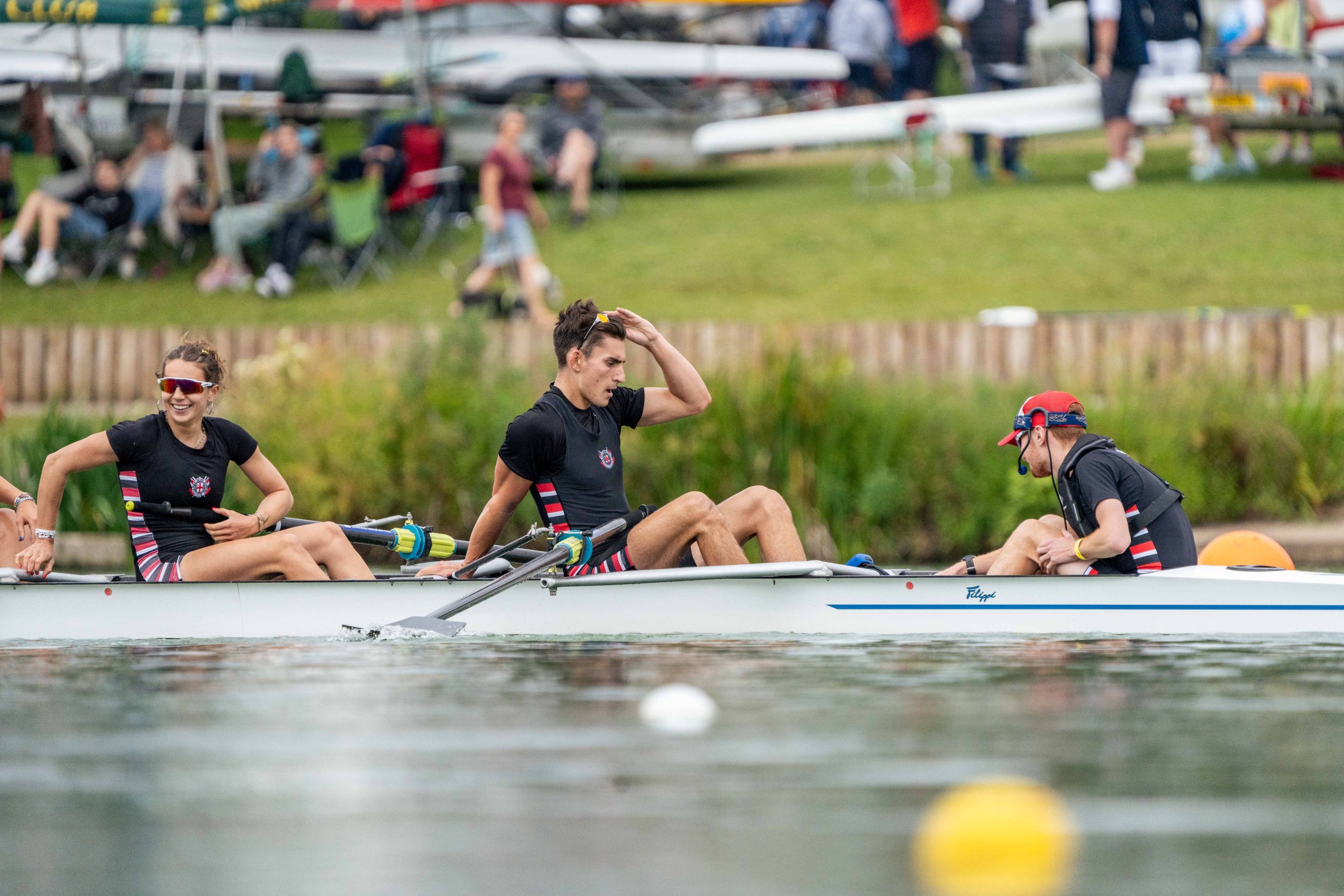Olympic rower Vicky Thornley’s top tips for a great night’s sleep
Poor quality sleep can affect your training and performance. Olympic silver medallist Vicky Thornley shares her strategy for a rejuvenating night’s sleep
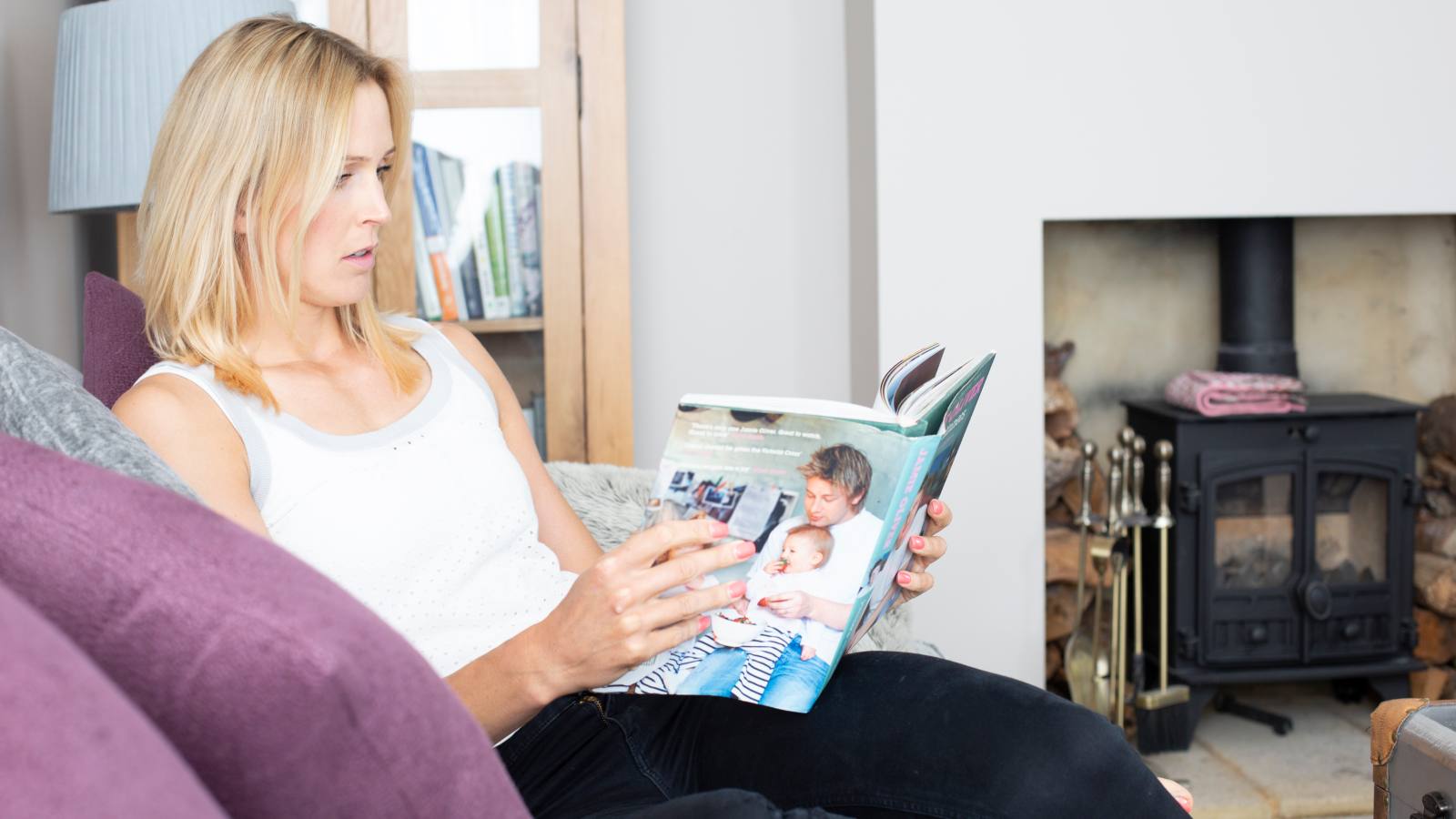
Vicky Thornley relaxes at home (c) Nick Middleton
Quality sleep is essential for maximising your recovery after training. After all, good training plus good recovery equals increased fitness!
Read on for Vicky Thornley’s tips for having a great night’s sleep.
Stick to a sleep schedule
Humans and especially athletes are creatures of habit. Where possible, you should aim to go to bed and get up in the morning at the same time.
Invest
Investing in a good quality mattress and pillow really will have a huge impact on your sleep.
Temperature control
I have been on many summer training camps in Germany, in a hotel without air conditioning, and know that temperature control is vital for a good night’s sleep! In the winter, I set the thermostat to 19°C and let the heating maintain a stable room temperature. In the summer, keeping the blinds or curtains closed during the day prevents the sun’s rays heating the room. For really hot summer evenings I have a small fan to help increase air flow.
Into the darkness
Melatonin is a hormone that signals to the brain and body the difference between night and day. The cycle of melatonin is influenced by light. It begins to rise a few hours after dusk, peaking at about 4am, and then begins to drop as dawn approaches. To allow melatonin to do its job, I keep my bedroom as dark as possible at night, and reduce my exposure to light the closer I get to bedtime.
Relax before bed
I find that reading a book before bed helps me unwind and induces sleep. If reading isn’t your thing, then maybe try listening to music or having a hot bath. Find a relaxing activity that works for you. Switching off the TV an hour before bed is ideal but I know this can be hard to do when you are addicted to a Netflix series!
Caffeine consumption
Caffeine is said to have a half-life of between five to seven hours, meaning if you consume 200mg of caffeine, seven hours later you will still feel the effects of 100mg. A study has shown that even a small amount of caffeine in the body can reduce the quality of deep sleep by up to 20%! You may be able to fall and stay asleep but the quality will be impaired. Since learning this, I am trying to adopt the habit of not drinking caffeine after midday. I especially love tea, so I am trying decaffeinated and naturally caffeine-free alternatives.
Switching off the TV an hour before bed is ideal but I know this can be hard to do when you are addicted to a Netflix series!
No midnight snacking
Going to sleep on a full stomach can negatively affect sleep. The body will be busy digesting food, inhibiting its ability to fully switch off and unwind into restful sleep. Experiment with what time is best for your evening meal before sleeping. A bugbear for many athletes is ensuring adequate hydration the next day, without the need to go to the toilet in the night. I find that if I stop drinking 60 minutes before bed, I will sleep through the night. As long as I have remained hydrated throughout the day, I will be hydrated the following morning.
My bedroom is a device-free space
This has been a recent change to my ‘sleep hygiene’ and I will never go back! My phone used to be on my bedside table at night, as I used it as an alarm clock. This led me into looking at it just before I turned out the light. The blue light that is emitted from laptops, TVs and mobile phones suppresses melatonin. Instead, I have bought an alarm clock and leave my phone on charge downstairs.
Interesting fact – did you know that if you have less sleep, or if it’s more interrupted, then you may be more sensitive to pain? Let’s be honest, rowing can be painful enough at times, so let’s not exacerbate it!
You can read the full article in the latest Rowing & Regatta magazine. The magazine is free to all British Rowing members.


